BMS Expands Oncology Portfolio with $180M Orum Therapeutics Deal
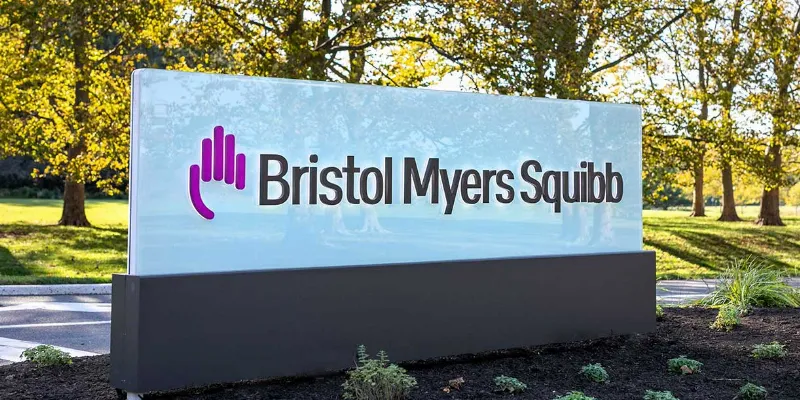
6 November 2023
Bristol Myers Squibb has acquired Orum Therapeutics' innovative cancer drug program, ORM-6151, for $100 million upfront. This strategic move bolsters BMS's presence in the competitive antibody-drug conjugate market and validates Orum's Dual-Precision Targeted Protein Degradation approach.
In a decisive expansion of its oncology arsenal, pharmaceutical giant Bristol Myers Squibb (BMS) has acquired a promising drug program from Orum Therapeutics, a South Korean biotech company specializing in innovative cancer treatments. The $100 million upfront deal secures BMS’s rights to Orum’s ORM-6151, a pioneering drug candidate designed to combat acute myeloid leukemia (AML) and high-risk myelodysplastic syndromes, both serious conditions affecting blood and bone marrow.
The investment in ORM-6151—a first-in-class, anti-CD33 antibody-enabled GSPT1 degrader—underscores BMS’s commitment to leading the field in antibody-drug conjugates (ADCs), a class of biopharmaceutical drugs considered crucial in the targeted treatment of cancer. This transaction could ascend to a total of $180 million, with Orum poised to receive additional milestone payments contingent upon the success of the program.
Orum Therapeutics has garnered the US FDA’s approval to initiate Phase I clinical trials, marking a significant step forward in the development process. Sung Joo Lee, Ph.D., CEO of Orum Therapeutics, praised the acquisition as a validation of their Dual-Precision Targeted Protein Degradation (TPD²) approach:
“We believe this agreement with BMS, a global leader in cancer with a strong legacy in protein degradation, validates Orum’s unique TPD² approach, which we pioneered to improve the therapeutic window and realize the full potential of targeted protein degraders through precision delivery to cancer cells via antibody drug conjugates. We are excited that Bristol Myers Squibb has acquired our ORM-6151 program with proprietary GSPT1 degraders, first-in-class targeted protein degraders with the potential to make an impact for patients with cancer.”
BMS is not alone in its quest to dominate the ADC landscape. Industry peers like Pfizer and AstraZeneca have inked their own substantial agreements. Yet, BMS’s strategy is not solely focused on acquisitions. A recent licensing agreement with German biotech Tubulis and the merger with Mirati Therapeutics, valued at a staggering $4.8 billion, are testaments to BMS's diversified approach to strengthening its position in the oncology sector.
The transactions occurring within the ADC domain reflect a broader trend in the pharmaceutical industry, where companies are aggressively pursuing advanced technologies to address unmet medical needs in oncology. The stakes are high, and the race is on to develop therapies that can deliver more effective, targeted treatments with fewer side effects.
As BMS integrates Orum’s ORM-6151 into its robust pipeline, the medical community eagerly anticipates the potential impact on cancer therapy. With strategic collaborations and acquisitions shaping the future of cancer treatment, BMS’s latest move is a calculated step towards cementing its role at the forefront of oncological innovation.
About Orum’s GSPT1 Platform Using the TPD² Approach
Orum’s GSPT1 platform uses the company’s unique Dual-Precision Targeted Protein Degradation (TPD²) approach to build novel targeted protein degraders combined with the precise tumor cell delivery mechanisms of antibodies to generate innovative, first-in-class, tumor-selective TPDs for the treatment of cancer. Orum has developed new molecular glue degrader payloads to specifically degrade an intracellular target protein within cancer cells via the E3 ubiquitin ligase pathway. Conjugated to antibodies, the payloads are designed to be delivered specifically to cancer cells and degrade the intracellular target protein GSPT1 and cause tumor cell death.
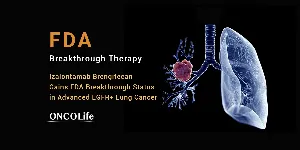
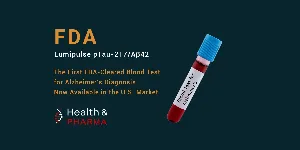
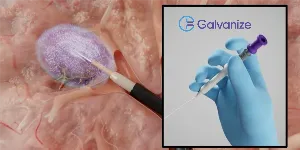

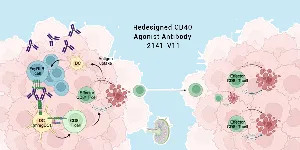



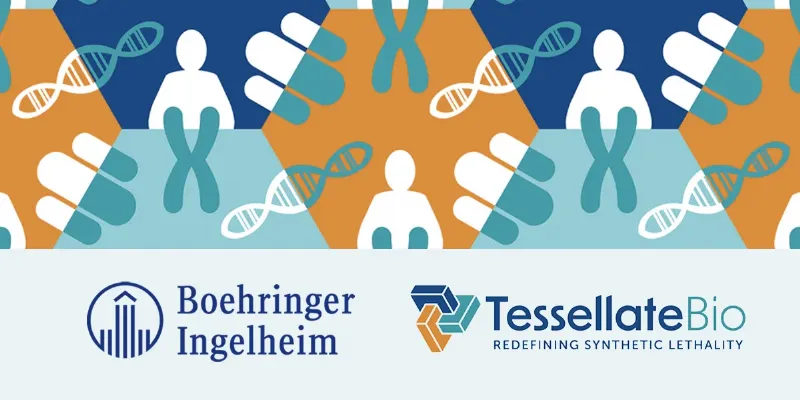


Comments
No Comments Yet!